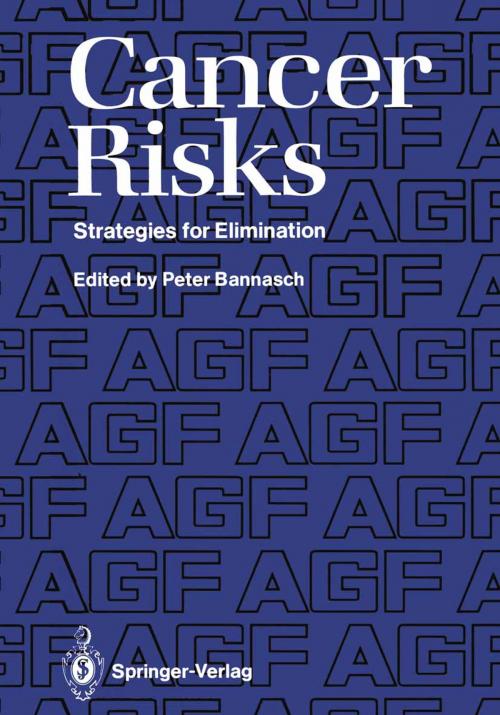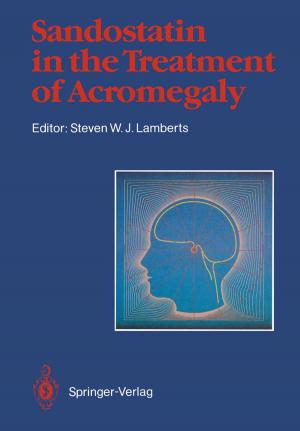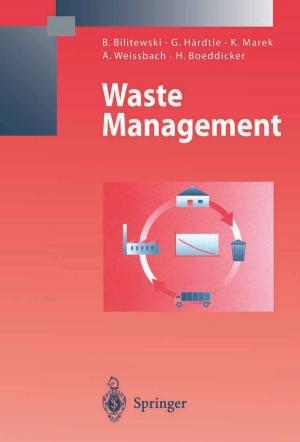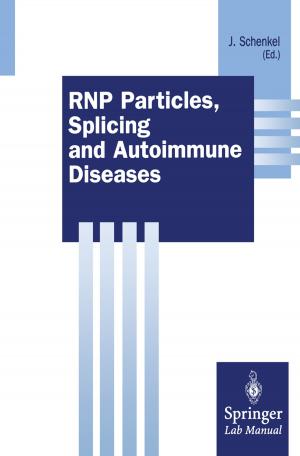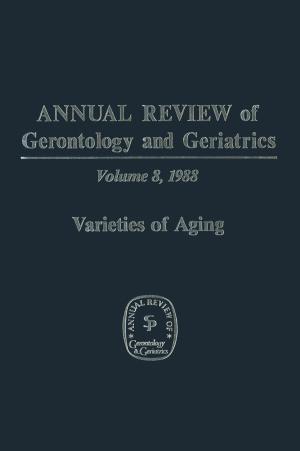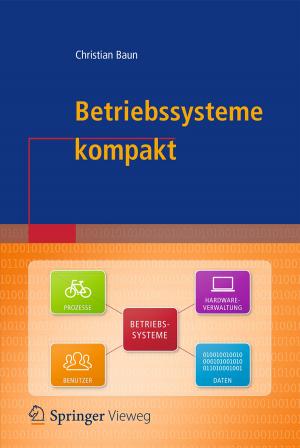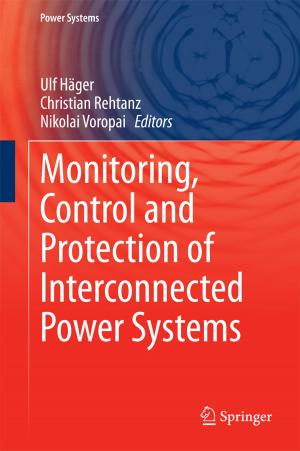Cancer Risks
Strategies for Elimination
Nonfiction, Health & Well Being, Medical, Specialties, Oncology| Author: | ISBN: | 9783642718434 | |
| Publisher: | Springer Berlin Heidelberg | Publication: | December 6, 2012 |
| Imprint: | Springer | Language: | English |
| Author: | |
| ISBN: | 9783642718434 |
| Publisher: | Springer Berlin Heidelberg |
| Publication: | December 6, 2012 |
| Imprint: | Springer |
| Language: | English |
A large body of information about possible causes of cancer has been ac cumulated by both clinical experience in man and observations in animal experiments. There is general agreement that in most cases cancer is due to exogenous factors, albeit the genetic disposition may also play an impor tant part. Three main categories of exogenous risk factors have been iden tified, namely chemicals, radiation, and viruses. In principle, it should be possible to prevent cancer by eliminating such risk factors. However, in spite of the rapidly growing number of well established risk factors, many shortcomings in our understanding of the causes of human cancer and in the introduction of effective preventive measures are evident. In addition to obvious gaps in our scientific knowledge, inadequacies in personal life style, irresponsible handling of environmental contaminants, and in some areas also deficiencies in political decisions seriously hamper the elimina tion of risk factors for cancer. It was this background which prompted the Committee coordinating Cancer Research in the GroBforschungseinrichtungen in the Federal Re public of Germany to organize a conference on Strategies for the Elimina tion of Cancer Risks. The conference was held in Heidelberg in June 1986. In areas which appeared to be especially pertinent to public health, author itative speakers presented the state of the art and prepared the basis for the discussion. Both the presentations of the speakers and the summaries of the discussions are contained in this book.
A large body of information about possible causes of cancer has been ac cumulated by both clinical experience in man and observations in animal experiments. There is general agreement that in most cases cancer is due to exogenous factors, albeit the genetic disposition may also play an impor tant part. Three main categories of exogenous risk factors have been iden tified, namely chemicals, radiation, and viruses. In principle, it should be possible to prevent cancer by eliminating such risk factors. However, in spite of the rapidly growing number of well established risk factors, many shortcomings in our understanding of the causes of human cancer and in the introduction of effective preventive measures are evident. In addition to obvious gaps in our scientific knowledge, inadequacies in personal life style, irresponsible handling of environmental contaminants, and in some areas also deficiencies in political decisions seriously hamper the elimina tion of risk factors for cancer. It was this background which prompted the Committee coordinating Cancer Research in the GroBforschungseinrichtungen in the Federal Re public of Germany to organize a conference on Strategies for the Elimina tion of Cancer Risks. The conference was held in Heidelberg in June 1986. In areas which appeared to be especially pertinent to public health, author itative speakers presented the state of the art and prepared the basis for the discussion. Both the presentations of the speakers and the summaries of the discussions are contained in this book.
